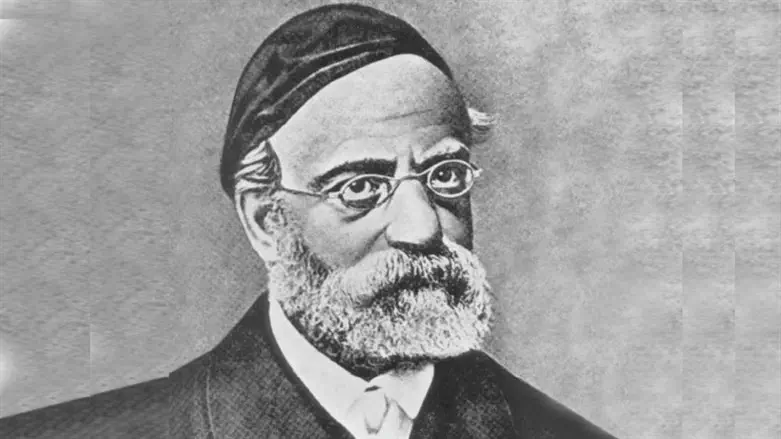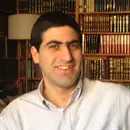
Why does the Torah repeatedly prohibit practicing magic or consulting magicians? Because, writes Rav Hirsch, our successes and failures in life depend on one thing and one thing only: our obedience to Hashem. “For good moral purposes,” Rav Hirsch writes, “no one has ever sought the aid of magicians. Only when the evil of what one wishes to accomplish prevents one from reckoning on the support of G-d does one attempt to accomplish it through the side door of magic.”
“Not the dead, not the magician’s wand, not a black cat” determines our fate. G-d determines it based on our behavior. Chance and blind forces of nature play no role.
This fact explains why the Torah also bars us from planting an ashera tree near the mizbe’ach. (Chazal later banned all wooden structures from this area.) For an ashera tree is a god of nature and serving it represents trying “to obtain material prosperity by means other than a conscientiously lived life of duty.” A Jew must realize that with “the moral ‘altar-dedication’ and devotion of his human nature to G-d, he has everything. Without it, nothing.”
Some Jews nowadays religiously adopt segulos like the ancient heathens turned to magic – as a substitute for improving themselves. I’m not discounting the validity of segulos. They have a long history and far be it from me to dismiss them. But if we use them, we should make sure we aren’t doing so at the expense of doing the more difficult work of serving G-d with greater diligence and attentiveness. For therein lies the true key to our salvation.
Rav Samson Raphael Hirsch (1808-1888) – head of the Jewish community in Frankfurt, Germany for over 35 years – was a prolific writer whose ideas, passion, and brilliance helped save German Jewry from the onslaught of modernity.
Elliot Resnick, PhD, is the host of “The Elliot Resnick Show” and the editor of an upcoming work on etymological explanations in Rav Samson Raphael Hirsch’s commentary on Chumash.
...
